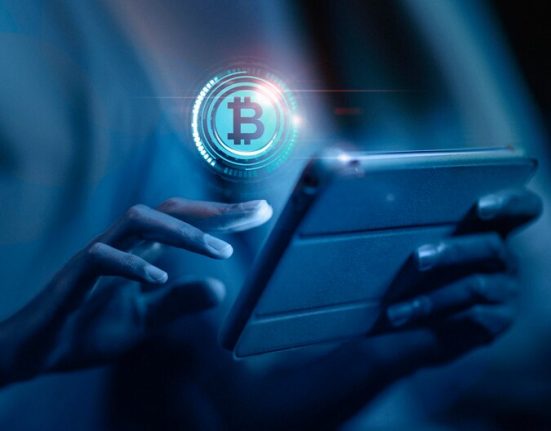Bangladesh announced the restoration of internet services as conditions improved following student protests against job quota reforms, which had resulted in nearly 150 deaths this month. The protests, which originated in universities and colleges, escalated into nationwide demonstrations, injuring thousands due to a forceful crackdown by security forces. This led to the imposition of curfews, army patrols, and an internet shutdown.
The foreign ministry confirmed on Sunday that broadband and mobile internet services were fully restored, while other communication forms remained functional throughout the unrest. The government assured international partners that the situation was stabilizing due to timely and appropriate measures.
The U.S. State Department on Monday advocated for unrestricted public access to internet and social media services. Critics, including the United Nations, international rights groups, the U.S., and Britain, condemned the excessive use of force against protesters and urged Dhaka to respect the right to peaceful assembly.
Rights groups and opponents accused Prime Minister Sheikh Hasina of becoming increasingly autocratic during her 15 years in power, citing mass arrests, forced disappearances, and extrajudicial killings, allegations she denies.
Student-led protests erupted in June following a high court’s decision to restore quotas in government jobs, including reservations for families of veterans from the 1971 independence war against Pakistan. Police used rubber bullets, tear gas, and sound grenades to disperse tens of thousands of protesters.
The agitation subsided after the Supreme Court eliminated most quotas on July 21, allowing 93% of jobs to be filled based on merit. The government claimed the “mostly peaceful and issue-specific students’ movement” was non-violent, blaming the opposition Bangladesh Nationalist Party (BNP) and Jamaat-e-Islami party, who denied involvement.
Following the Supreme Court’s decision, students called off their protests. Student co-ordinator Nahid Islam, in a video message from police headquarters, announced that their primary demand for logical reforms to the government job quota system had been met and called for educational institutions to reopen. Islam was among three protesters detained by police while receiving hospital treatment, a measure police stated was to ensure protesters’ security.







